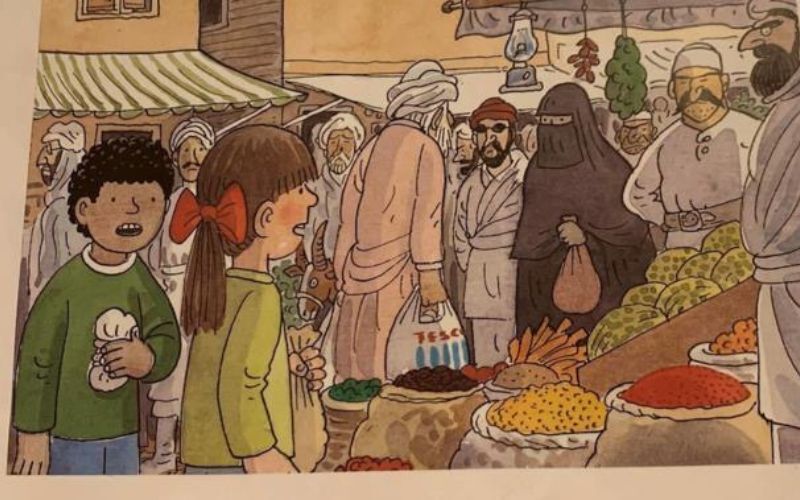Photo by Grateful American Kids
How can we respond creatively to the pain that we see everywhere in our world?
On the morning of 27,2009 September, at the Vancouver Peace Summit, I, Desmond Tutu and His Holiness the Dalai Lama accepted the Fetzer Prize for Love and Forgiveness and that afternoon, Karen Armstrong and Desmond Tutu, called on the world to sign up to a charter for compassion. Compassion is the principled determination to put ourselves into the place of the other and lies at the heart of all truly religious and ethical systems. Thousands of people have contributed to the charter online, it has been composed by leading thinkers in many different faiths and is a cooperative effort to restore compassion to the centre of religious, moral and political life. Why is this so important?
One of the most urgent tasks of our generation is to build a global community, where men and women of all races, nations and ideologies can live together in peace. Religion which should be making a major contribution to this endeavour is often seen as part of the problem; all too often the voices of extremism seem to drown those that speak of kindness, forbearance and mutual respect.
The great sages who promoted the golden rule were nearly all living during periods of history like our own. They argued that a truly compassionate ethic served people's best interests and made good practical sense. When the Bible commands that we "love" the foreigner, it was not speaking of emotional tenderness: in Leviticus, "love" was a legal term: it was used in international treaties, when two kings would promise to give each other practical support, help and loyalty, and look out for each other's best interests. In our global world, everybody has become our neighbour, and the golden rule has become an urgent necessity.
When asked by a pagan to sum up the whole of Jewish teaching while he stood on one leg, Rabbi Hillel, the older contemporary of Jesus, replied: "That which is hateful to you, do not do to your neighbour. That is the Torah – and everything else is only commentary." The Dalai Lama put it even more succinctly when he said: "My religion is kindness."
These traditions have also pointed out that it is not sufficient to confine our benevolence to those we find congenial – to our own ethnic, national or ideological group. We must have what one of the Chinese sages called jian ai, "concern for everybody." If practised assiduously – "all day and every day", as Confucius enjoined – we begin to appreciate our profound interdependence and become fully humane.
If we wish to create a viable world order, we must try to implement the golden rule globally, treating all peoples – even those who seem far removed from us – as we would wish to be treated ourselves. We must strive for a global democracy, in which everybody – not only the rich and powerful – has a voice and in which takes everybody's needs and aspirations with the utmost seriousness and respect.
Today we are all bound together – electronically, economically and politically – as never before. Our financial markets are inextricably connected: when one falls, there is a ripple effect worldwide. What happens in Afghanistan or Iraq today may well have repercussions tomorrow in New York or London.
Our world has become dangerously polarised and many of our policies – political, economic, financial and environmental – seem no longer sustainable. We have a choice. We can either choose the aggressive and exclusive tendencies that have developed in practically all religious and secular traditions or we can cultivate those that speak of compassion, empathy, respect and an impartial "concern for everybody."
The charter for compassion was launched on 12 November 2009. It is not simply a statement of principle. It is above all a summons to creative, practical and sustained action to meet the political, moral, religious, social and cultural problems of our time. You can find out how you and your community can participate in the launch and in the ongoing effort to build a fair, just and compassionate world on our website.
We cannot afford to be paralysed by global suffering. We have the power to work together energetically for the wellbeing of humanity, and counter the despairing extremism of our time. Many of us have experienced the power of compassion in our own lives; we know how a single act of kindness and empathy can turn a life around. History also shows that the action of just a few individuals can make all the difference. In a world that seems spinning out of control, we need such action now.
See original source: Heed the call of compassion

